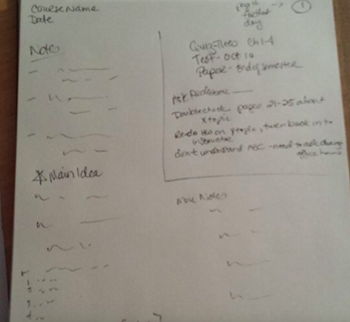The Most Successful College Dropouts In History
There are two kinds of people. Those who think you need a college degree to succeed and those who know you don’t. All you really need is drive and determination.
Case in point:
Top 30 College Drop Outs Who Made It Big in Business
|
|
|
|
|
|
|
|
|
|
|
|
|
|
|
|
|
#18. David Geffen (Geffen Records)Net Worth $6.9 Billion – Dropped out at 19.This guy founded Asylum Records and Geffen Records and co-founded DreamWorks. He also founded Hobby Lobby, a popular American chain of arts and crafts stores. |
|
|
|
|
|
|
|
|
|
|
|
|
How To Succeed In College
How to succeed in college by Leah Jackman-Wheitner. This is so logical… great idea!
How to succeed in college:
How to succeed in college: If you only do one thing, do Hint #5.
I got a D on my first exam in college. It was 4 weeks or so into a Philosophy Honors class. We’d spent weeks on Mill, Locke and Hume. Then we spent one day on Buddhism. I prepped for this test. I knew we had 2 exams and a final that would be our entire grade (no assignments, no participation grade.)
We’d had 4 weeks of class. I knew we were having an essay test with two questions. So, I studied Mill, Locke, and Hume inside and out. I was ready. I skimmed over Buddhism, because we’d only spent about an hour on it. It couldn’t be much of the test, right? Wrong.
There were two questions. One on Mill, Locke, and Hume. The other on Buddhism. I wrote 5 pages on the first answer and 3 sentences on the second.
And I learned a huge lesson in how different college is from high school.
I knew when I walked out that I’d screwed it up bad. I could have spent the next weeks complaining about how it was an unfair test, or I could do what I did – suck it up, learn something from the experience, and bust my *** to make As on the other exams to balance out the first one.
It would have been easy to just spend my time complaining about the exam. And, of course, I did complain some. But it’s a metaphor for life. When things happen, will you blame external forces or take responsibility for yourself and step up to improve what you can?
Here’s my best list of what to do to succeed in college:
1. Go to class. Regardless of whether the prof says you have to be there every day, just go. You will learn so much more by being in the actual classroom. It’s a good habit. It’s a good mindset to have for all classes.
2. First day of every class, get two people’s phone numbers. You will have questions over something at some point in the class. Get contact info for two people so you can compare your memory of what was said.
3. Take notes in class by hand. Yes, I know the excuses – I’ll just type them then I’ll be able to read them better. I learn better when I just listen.
I’m telling you – write notes, by hand, during class, with your phone in your pocket on silent. That’s how our brains encode information most effectively. There’s research about it.
4. Now – if you really want to get good grades, I’m going to tell you the best thing to do. It’s time consuming. It does require commitment, but it helps like nothing else I know.
Rewrite your notes.
Yes. I know you’re busy. But you have to decide if you want to be successful or not. After class or the next day, rewrite your notes. You can outline the info, highlight, note what page number the topic is covered on, make a list of questions.
I write notes by taking notes on the left column of a piece of paper. At the top of the right column, I write down things I need to follow up on, upcoming test dates, questions I need to ask the prof later, reminders to myself that I need to go back and look something up in the text, etc. When the left column is full, I take additional notes starting about halfway down in the right column. (I’ll post a pic later.)
5. Next thing – this is huge. Actually, even if you ignore all my other advice and only do this, you’d probably be ok.
College is your job. Your job is to be a student. It is a full-time job.
So, you do it 40 hr/wk.
If you’re in class for 15 hr of class time, then you study for 25 hrs a week.
If you have 16 hrs of class time, you study for 24 hrs each week.
If you want to have every weekend and evening free, then you spend 8 am – 5 pm every day studying.
If you have 3 hours in between classes, find a quiet place, sit, review your notes, rewrite your notes, study, read the reading for the next class session while the topic is fresh in your mind.
If you start your college career doing this, you’ll get a good habit going and you’ll be better able to gauge the amount of time you need to study in the future.
6. Go see each professor during office hours. Once a week, go see a professor. Get to know them as individuals. I did my undergraduate degree at a school with 26,000 students. It works in big schools as well as small schools. Professors want to know you care about their class.
You will have a much better experience in the class if you go talk to the prof. Just say, “Hi, I’m in your Chem 100, and I wanted to introduce myself.” Go up to them after class. Go to their office during office hours.
If they know you are making an effort to connect with them, then they’ll start looking at you during lecture and trying to see if you get it or not. If you get that scrunched-up, confused look on your face, they’ll notice. They’ll either explain again right then or they’ll know that you’re going to come talk to them after class.
This is your education. Make the most of it. Get to know your profs, then it’s so much easier to go talk to them when you get stuck.
7. Do the reading before the class. I know you can usually get away without doing this. I know you have never read before the class. But seriously, if you want to be successful in life, you have to do things you haven’t done before. That includes reading the material before class. Profs don’t want to just teach the material in the reading. They want to have interesting discussions about the material. Remember, they have made an entire career out of imparting knowledge, helping people learn to think, and creating knowledge in their field through research They love what they do. They love when students participate and want to learn. You may not care about that particular class, but if you show some interest, it becomes much more interesting. If you do the reading in advance and ask meaningful, relevant questions, your professors will appreciate you and will go out of their way to make sure you’re understanding the course.
In sum:
– You are a student. That is your job. Spend 40 hours a week on your classes, and you’ll have time for fun.
– Do the reading. Go to class. Talk to your professors. Ask them questions.
– Take responsibility for your life and your education.

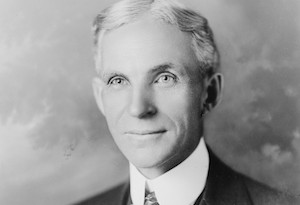 #1. Henry Ford (
#1. Henry Ford ( #2.Bill Gates (
#2.Bill Gates ( #3.Larry Ellison (
#3.Larry Ellison (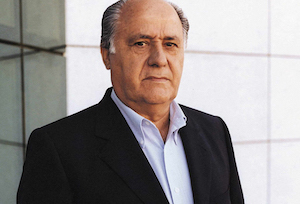 #4. Amancio Ortega (
#4. Amancio Ortega ( #5.Mark Zuckerberg (
#5.Mark Zuckerberg ( #6. Li Ka Shing (
#6. Li Ka Shing ( #7.Sheldon Adelson (
#7.Sheldon Adelson (
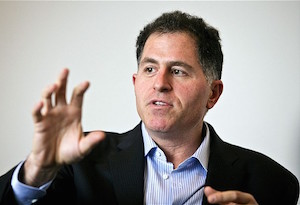 #9. Michael Dell (
#9. Michael Dell (
 #11. Azim Premji (
#11. Azim Premji ( #12.Kirk Kerkorian (
#12.Kirk Kerkorian ( #13. Steve Jobs (
#13. Steve Jobs (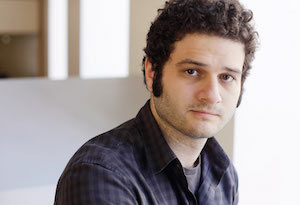 #14. Dustin Moskovitz (
#14. Dustin Moskovitz ( #15. Lex Wexner (
#15. Lex Wexner ( #16. Jan Koum (
#16. Jan Koum (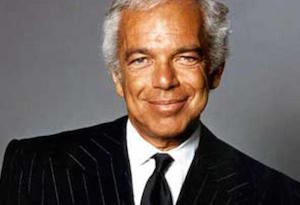 #17. Ralph Lauren (
#17. Ralph Lauren (
 #19. Walt Disney (
#19. Walt Disney ( #20. David Green (
#20. David Green ( #21. Richard Branson (
#21. Richard Branson ( #22. Elizabeth Holmes (
#22. Elizabeth Holmes (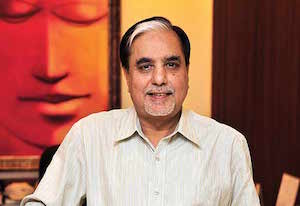 #23. Subhash Chandra Goel (
#23. Subhash Chandra Goel (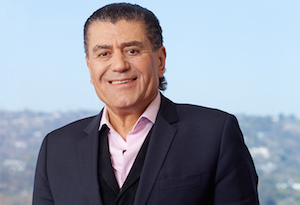 #24. Haim Saban (
#24. Haim Saban ( #25. Sean Parker (
#25. Sean Parker ( #26. Evan Williams (
#26. Evan Williams ( #27. Jack Dorsey (
#27. Jack Dorsey ( #28. Hiroshi Yamauchi (
#28. Hiroshi Yamauchi ( #29. Gabe Newell (
#29. Gabe Newell ( #30. Orji Uzor Kalu (
#30. Orji Uzor Kalu (